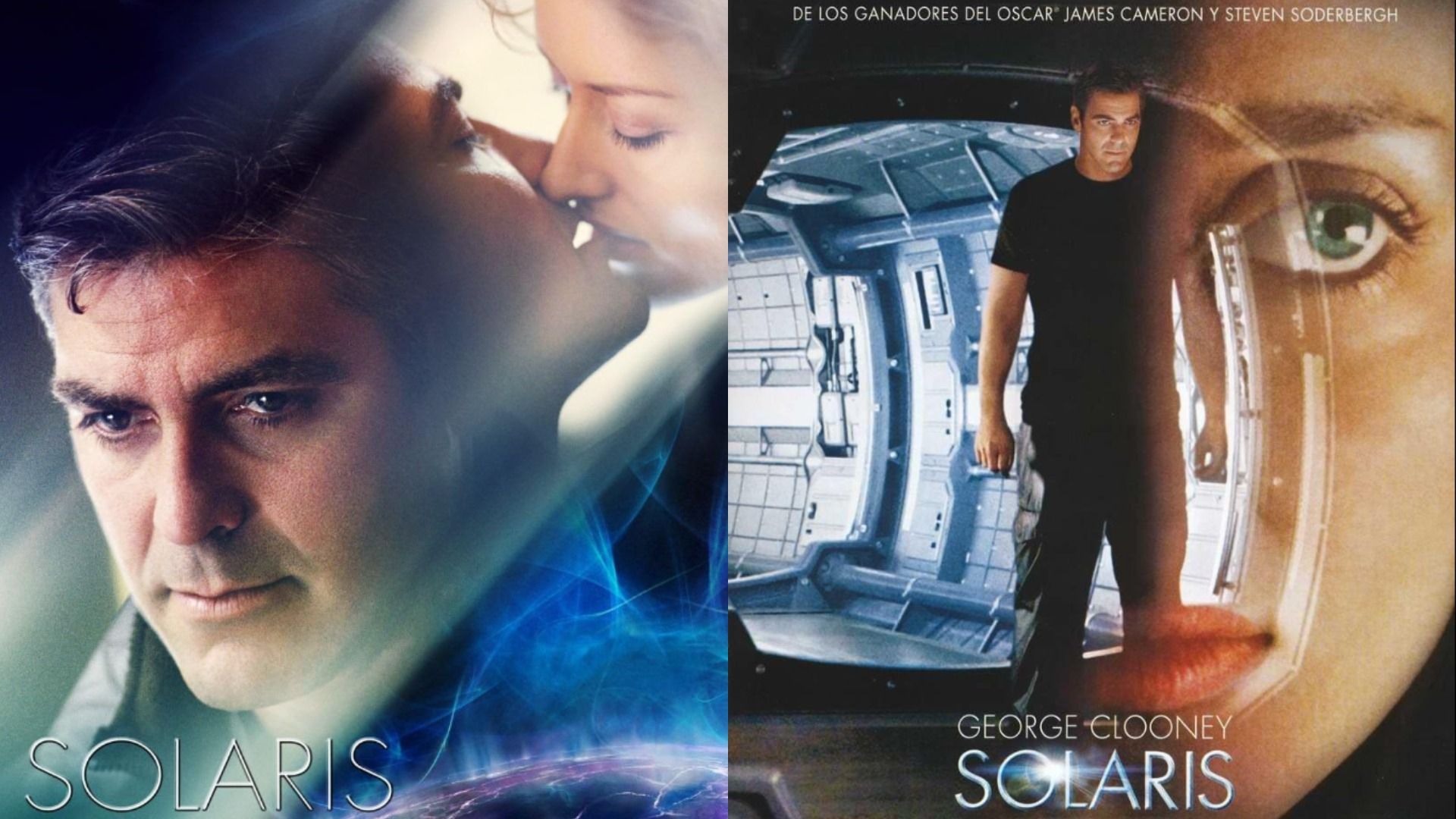This isn't just science fiction—it's a philosophical meditation on the limits of human understanding. "Solaris" (1961) by Stanisław Lem is one of those books that leaves you sitting quietly with the closed cover in your hands long after you've finished.
What the novel is about
Scientists work on an orbital station orbiting the planet Solaris, trying to establish contact with the mysterious Ocean—a vast substance covering the planet's entire surface.The Ocean seems alive. But instead of the expected "contact," it responds by materializing suppressed memories.

What makes it fascinating
"Solaris" isn't about lasers, alien battles, or even technology. This is a novel about a human confronting something so incomprehensibly "other" that it shatters not only scientific theories but his own psyche.
Film adaptations
The theme of "Solaris" has repeatedly attracted filmmakers. In 1972, Andrei Tarkovsky made a philosophical drama that won the Grand Prix at Cannes. His "Solaris" speaks of love, pain, and memory—and about Earth even more than about space.In 2002, an American version by Steven Soderbergh starring George Clooney was released—dark and aesthetic, but according to Lem himself, too "humanized."
No adaptation, the writer said, ever captured the main thing—the "otherness" of Solaris.

As the author [of the novel] I shall allow myself to repeat that I only wanted to create a vision of a human encounter with something that certainly exists, in a mighty manner perhaps, but cannot be reduced to human concepts, ideas or images. This is why the book was entitled "Solaris" and not "Love in Outer Space", the author commented on Soderbergh's adaptation.
I agree—this book isn't about love in zero gravity, but about the limits of humanity. The promise of contact that will never be mutual. And maybe that's the most honest science fiction of all. Earlier on zoomboola.com, we covered "The Girl with the Dragon Tattoo"—even David Fincher couldn't resist that one.





